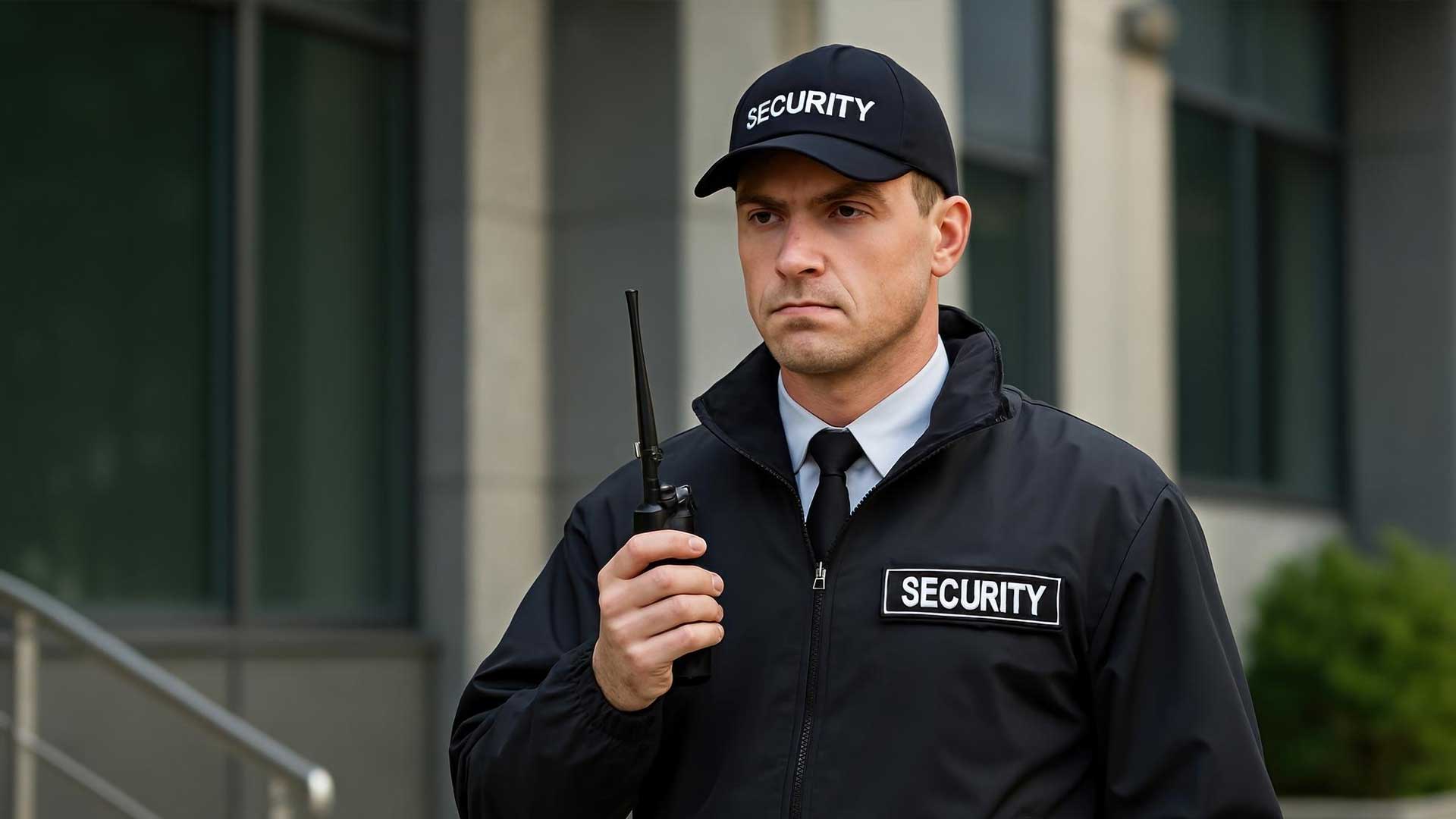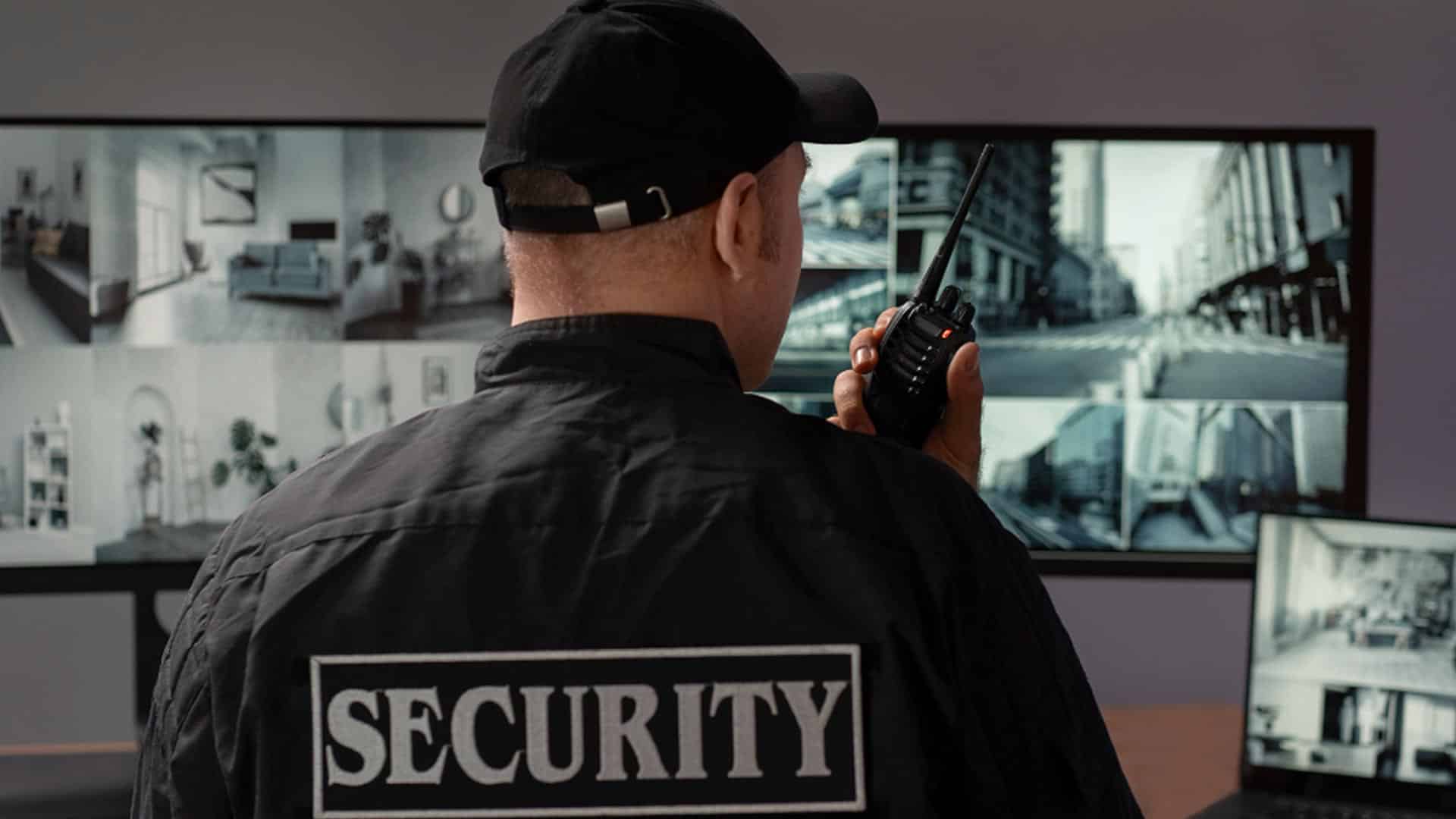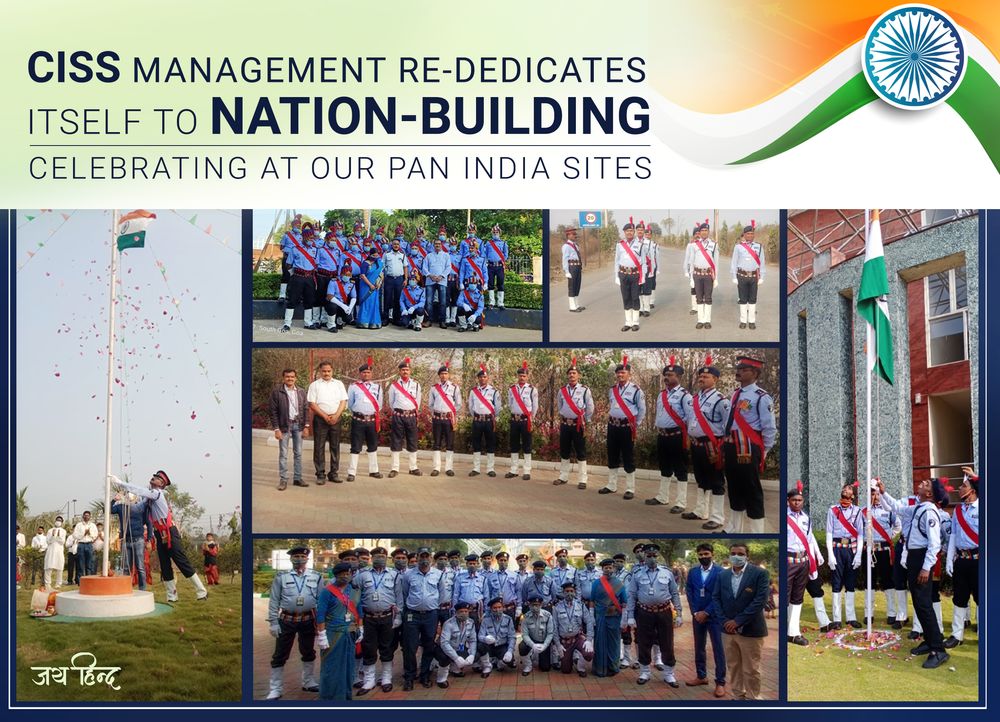
Future Ready Protection: How Security Guard Services in Mumbai and the Broader Facility Management India Sector Are Evolving in 2025
In the rapidly evolving business environment of India, the physical security and facilities management sectors are undergoing significant transformation. From new commercial towers in Mumbai to large industrial parks in the interior, the demand for smart, integrated service solutions is increasing.
In this blog, we will touch on how security guard services in Mumbai are evolving to modern-day threats, how facility management India is shifting towards a tech-first and sustainability focus and how security companies in India are evolving their role and positioning to adapt to these areas of change.
Why the Surge in Demand?
Urbanisation, Infrastructure Growth & Business Expansion
The cities of India continue to expand, as new office parks, logistics hubs, high-rise residences and retail centres continue to be developed in metropolitan and non-metropolitan areas. This development increases the need for quality facility management and resilient physical security.
Increased Safety, Hygiene & Regulatory Compliance
Beginning in the second half of 2022, the focus on hygiene, building wellness and occupant safety increased exponentially. Facility managers and building owners are no longer focused on simply cleaning and maintaining; they are now thinking wellness, health, backup power, ventilation and emergency procedures.
So now, for businesses in Mumbai or any Indian city, it is more important than ever to select an appropriate service partner for services in security guard services in Mumbai or any facility-management contract.
If you’re a building owner or facility manager in Mumbai, schedule a free consultation today to assess your security & facilities readiness for the next decade!
Deep Dive: Security Guard Services in Mumbai
The Mumbai Context
Mumbai, the commercial and financial capital of India, has its own security risks and challenges (high-density residential/guest complexes, luxury hotels, corporate campuses, infrastructure hubs including ports, metro and rail), driving demand for specialised guarding services, event-security management, and executive protection and high visibility deterrence.
When we mention “security guard services in Mumbai”, we don’t just mean static guards at gate entrances, as clients now expect:
- Tech-enabled guard monitoring.
- Access control, biometric access, CCTV ingress, etc.
- Event crowd management, surge staffing.
- Integration of facility safety (fire-watch, emergency evacuation, etc.)
Practical Points for Clients in Mumbai
If you are hiring security guard services in Mumbai, or are reviewing your current service contract, keep in mind:
- Is the agency using technology such as mobile guard-patrol apps, check-in/check-out systems, real-time reporting, etc.?
- What training programme do the guards get, particularly with Mumbai-specific risks, e.g. monsoons, high-rise evacuation, traffic, event management, etc.?
- Does the contract allow flexibility (surge staffing for events, weekend shifts) vs. a rigid static deployment?
- How integrated is the guarding service with other facility services (housekeeping, visitor management, fire safety, etc.)? This leads into a section on facility management.
Looking for Vetted, Tech‑Enabled Guard Services in Mumbai?
Get a proposal with 3 sample guard profiles and a free site‑risk assessment within 48 hours.
Facility Management in India: The broader shift
What is “Facility Management” & Why Does it Matter
Facility management encompasses every service necessary to keep a building or campus running, safe, comfortable and efficient: cleaning, maintenance, landscaping, security, utilities, energy management, and visitor services. In India, facility management is shifting from fragmented vendors (one for cleaning, one for maintenance, one for security) to integrated approaches.
Why is This Important for Security?
Security and facility management are no longer siloed. A guard at the gate is part of a more expansive ecosystem of how a building works: cleaning, HVAC, visitor flows, and others. For example:
- A facility management provider can integrate the patrol data from the guard within a building dashboard that shows access attempts, HVAC faults and visitor entries.
- In a smart building, security breaches are detected by sensors, escalated to the guard, and documented within the facility management system.
- If a cleaning vendor works in concert with the security function of the building, they can flag unattended doors, maintenance issues or other suspicious activity.
Role of Security Companies in India: Consolidation, Tech & Professionalism
The Evolution of the Service Providers
Traditionally in India, many guarding providers were really small, agencies that were regionally based. However, these days we are seeing:
- Large organised players emerge with a national presence.
- Mergers/acquisitions and scaling of businesses to offer multiple business verticals (i.e., security, cash logistics, and facility services) under one brand.
- The adoption of technology, strong human resource functions, compliance frameworks, and training certifications.
What’s Different About Today’s Security Company
When you consider India’s best-of-class security companies, they are different from the standard vendor in the following ways:
- Technology Integration – They provide mobile app check-in for guards, log incidents, real-time dashboards for CCTV, GPS-tracked vehicles, and drones for perimeter checks.
- Data & Analytics – They can track guard performance, incident trends, and hotspots. They provide clients with reports via dashboards.
- Training & Upliftment of Workforce – The guards receive training on how to use technology, interface with customers, and respond to emergencies, not just static guarding.
- Compliance & Governance – They ensure they have licensing, minimum wages for their guards, coverage for the EPF/ESIC, training certifications, and audit trails.
- Bundled Services Offering – Many companies now offer facility management services, facility management India, alongside guarding, which can offer clients a bundled offering (security + HVAC + cleaning + landscaping) to ensure that clients do not need to have multiple vendors for a solution.
Challenges & pain‑points worth noting
Despite growth in the field, clients and service providers still face many hurdles. Awareness of these can assist you in your planning.
Labour/Workforce Issues
- High turnover of employees registered as security guards creates gaps in continuity and experience.
- Skill shortages, the processes for providing security become more technology-enabled, require guards to use technology to complete guard tours, interpret alerts and respond to sensors, but not all providers have trained staff to execute these responsibilities.
- Wage pressures – with minimum wage increase and ESIC/EPF legal compliance, the security guard services cost base is increasing. Squeezing margins and stability in the reliability of services.
Technology Adoption & Integration
- Many smaller agencies still manage their processes manually – that is, by way of sign-in sheets, actual patrol rounds and logging events manually on paper, which does not match their clients’ expectations of a client providing a “smart building”.
- A significant technical challenge is the integration of various systems that may include a security dashboard, facilities management software, and building automation systems.
- Overreliance on technology and not human intelligence can result in reduced responsiveness; balance is necessary within a mode of operation of “human + tech”.
Cost vs Value Perception
- When bidding, clients will often compare only the lowest bid. However, the lowest price typically results in an overall lower level of service, training, and checks.
- With more cohesive contracts being the way of the future, clients will have to shift their focus from “price per guard” to “value per square metre/value per campus”, which is better management of an entire facility.
Regulatory & Compliance Risk
- There are increasing stakes for non-compliance. A client may find themselves inheriting risk without question if the vendor is non-compliant, as there are incidents of coverage being rendered null and void.
- The increased demand has generated rapid change and expansion, which can result in some of the supply chain cut training or oversight, or not rely on or fail to adequately manage uniforms/identity, which poses a reputational risk to the client.
Conclusion
The convergence of security guard services in Mumbai, overall trends in facility management India and the activities of security companies in India lead to an interesting narrative – and a timely opportunity for stakeholders involved in property. The story is quite simple: guard service is no longer a back-office activity; facility management is no longer a back-office activity; smart building is here, and it wants integrated delivery.
For businesses and property owners: do not wait for a “security incident” or an “operational failure” to decide you should change. Take this opportunity to change your service delivery model with more proactive next-generation vendors – choose tech-enabled vendors, build the security into the facility management strategy and take a collaborative or integrative approach rather than a siloed contract.
Ready to Transform Your Campus, Property in Mumbai or Elsewhere in India?
Get in touch to arrange a strategic workshop on “Security + Facility Readiness for 2025”. No cost, no obligation; just insight and well-laid procedures.






